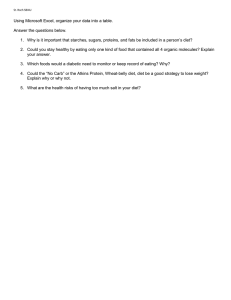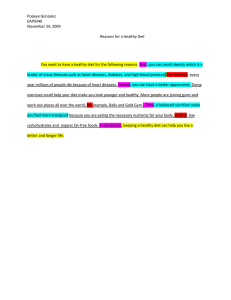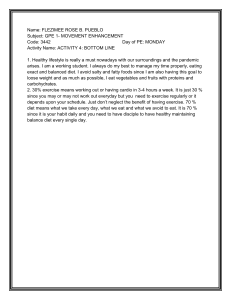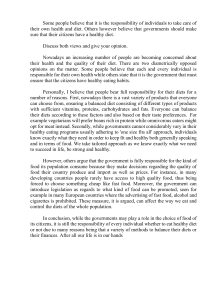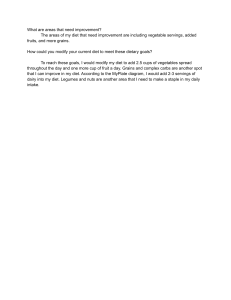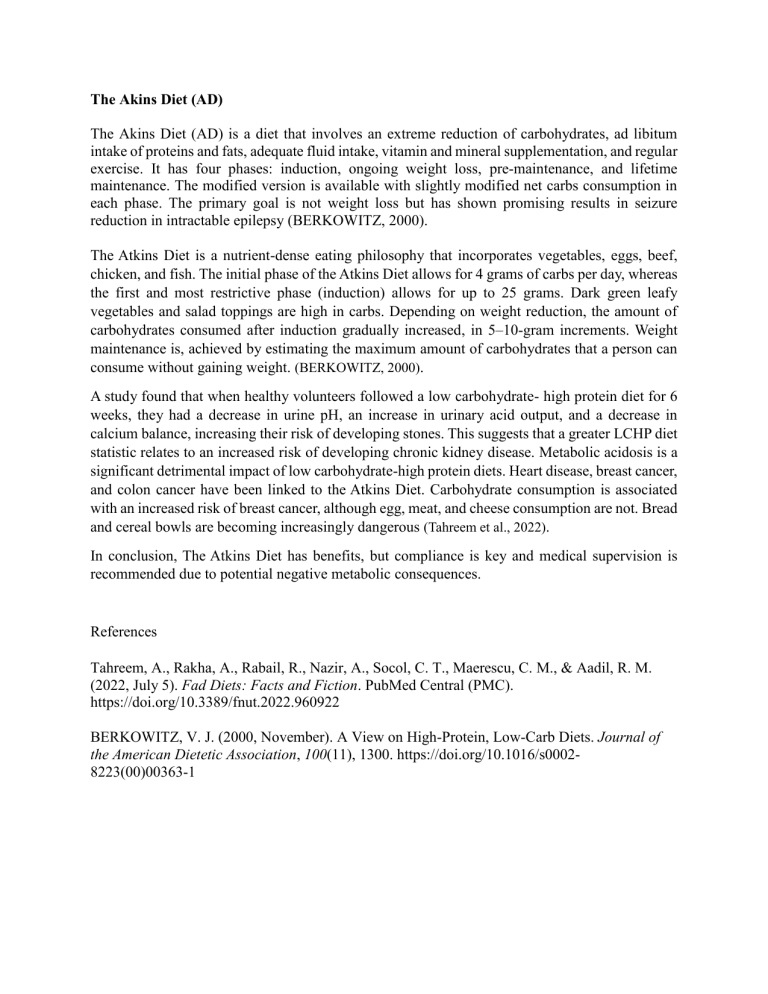
The Akins Diet (AD) The Akins Diet (AD) is a diet that involves an extreme reduction of carbohydrates, ad libitum intake of proteins and fats, adequate fluid intake, vitamin and mineral supplementation, and regular exercise. It has four phases: induction, ongoing weight loss, pre-maintenance, and lifetime maintenance. The modified version is available with slightly modified net carbs consumption in each phase. The primary goal is not weight loss but has shown promising results in seizure reduction in intractable epilepsy (BERKOWITZ, 2000). The Atkins Diet is a nutrient-dense eating philosophy that incorporates vegetables, eggs, beef, chicken, and fish. The initial phase of the Atkins Diet allows for 4 grams of carbs per day, whereas the first and most restrictive phase (induction) allows for up to 25 grams. Dark green leafy vegetables and salad toppings are high in carbs. Depending on weight reduction, the amount of carbohydrates consumed after induction gradually increased, in 5–10-gram increments. Weight maintenance is, achieved by estimating the maximum amount of carbohydrates that a person can consume without gaining weight. (BERKOWITZ, 2000). A study found that when healthy volunteers followed a low carbohydrate- high protein diet for 6 weeks, they had a decrease in urine pH, an increase in urinary acid output, and a decrease in calcium balance, increasing their risk of developing stones. This suggests that a greater LCHP diet statistic relates to an increased risk of developing chronic kidney disease. Metabolic acidosis is a significant detrimental impact of low carbohydrate-high protein diets. Heart disease, breast cancer, and colon cancer have been linked to the Atkins Diet. Carbohydrate consumption is associated with an increased risk of breast cancer, although egg, meat, and cheese consumption are not. Bread and cereal bowls are becoming increasingly dangerous (Tahreem et al., 2022). In conclusion, The Atkins Diet has benefits, but compliance is key and medical supervision is recommended due to potential negative metabolic consequences. References Tahreem, A., Rakha, A., Rabail, R., Nazir, A., Socol, C. T., Maerescu, C. M., & Aadil, R. M. (2022, July 5). Fad Diets: Facts and Fiction. PubMed Central (PMC). https://doi.org/10.3389/fnut.2022.960922 BERKOWITZ, V. J. (2000, November). A View on High-Protein, Low-Carb Diets. Journal of the American Dietetic Association, 100(11), 1300. https://doi.org/10.1016/s00028223(00)00363-1
